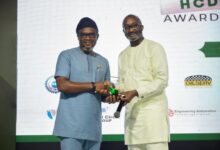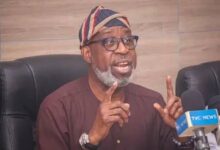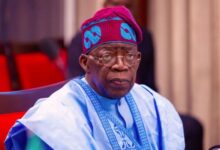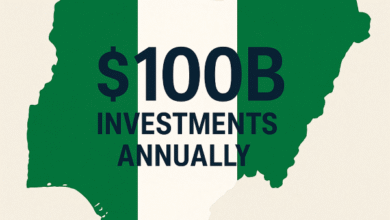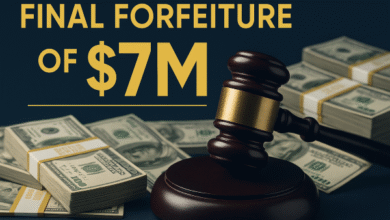Global Tributes Pour In for Pope Francis, “The People’s Pontiff”
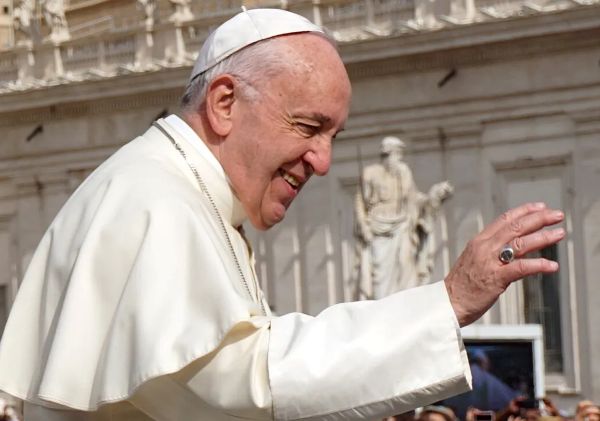
In a world often fractured by political strife, ideological rivalry, and cultural divides, one man in white managed to command near-universal reverence. On Monday, the curtain fell on the life of Pope Francis —born Jorge Mario Bergoglio—the 266th pope of the Roman Catholic Church, and the first ever from Latin America. His death has drawn a rare, sweeping consensus of grief from every corner of the globe, with world leaders, spiritual dignitaries, and ordinary citizens paying tribute to a man who redefined the papacy for the modern era.
A Papal Passing That Stopped the World
The Vatican confirmed that Pope Francis passed away after suffering a stroke that led to irreversible cardiocirculatory collapse. His health had been fragile for years, worsened by respiratory complications, high blood pressure, Type II diabetes, and a history of pneumonia. The rite of death ascertainment was conducted by Cardinal Kevin Farrell, Camerlengo of the Holy Roman Church, inside the chapel of Casa Santa Marta.
This quiet final ritual marked the end of a papacy that was anything but quiet. And as the Church prepares for his funeral, the world has turned its collective gaze toward Rome—not just to mourn, but to reflect on the profound global impact of a man widely regarded as “the pope of the people.”
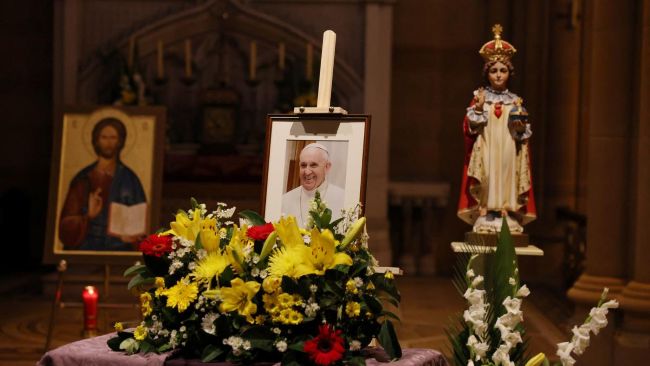
From Buenos Aires to the White House: A Chorus of Condolences
World leaders reacted swiftly and somberly.
U.S. President Donald Trump—who famously met Pope Francis during a state visit—shared a brief but emotional note on Truth Social: “Rest in Peace Pope Francis! May God Bless him and all who loved him!” He later described Francis as “a good man who loved the world,” confirming that he would attend the funeral, marking what may be his first foreign trip since returning to office.
Argentina, the birthplace of Pope Francis, declared a week of national mourning. President Javier Milei, despite past ideological clashes, praised Francis’s “goodness and wisdom,” adding, “In spite of the differences that seem minor today, it was a great honour to have known him.” This is a remarkable pivot for Milei, who once derided the pope in scathing terms.
Brazil, home to the world’s largest Catholic population, also declared seven days of mourning. President Luiz Inácio Lula da Silva said the world had lost “a voice of respect and charity,” adding that Pope Francis embodied “the love, tolerance, and solidarity that define true Christian teachings.”
Indian Prime Minister Narendra Modi honoured Francis as “a beacon of compassion, humility, and spiritual courage,” underscoring his global resonance far beyond the Catholic faithful.
Arab Leaders, Orthodox Voices Join the Global Tribute
In the Arab world, leaders from Lebanon’s Joseph Aoun to Jordan’s King Abdullah II offered condolences, while even the Palestinian militant group Hamas issued a rare tribute—an astonishing gesture that illustrates the pope’s cross-cultural respect.
From the United Arab Emirates, President Sheikh Mohamed bin Zayed Al Nahyan praised Francis for dedicating his life to “peaceful coexistence and understanding,” and extended his “deepest condolences to Catholics around the world.”
Russia’s President Vladimir Putin hailed the pope’s commitment to bridging divides with the Orthodox Church. The Moscow Patriarchate reinforced this sentiment, crediting Francis with advancing Christian unity.
In Europe, Italian Prime Minister Giorgia Meloni described the pope as “a great man, a great shepherd,” highlighting his unwavering compassion even amid personal health trials. EU Commission President Ursula von der Leyen praised his pursuit of “a fairer and more peaceful world,” lauding his “pure love for the less fortunate.”
French President Emmanuel Macron called him “a voice for the most fragile,” especially relevant in these turbulent times of conflict and displacement.
Beyond the Vatican Walls: The Legacy of a Modern Reformer
Pope Francis was not a mere custodian of tradition—he was a reformer who brought the Catholic Church into uncomfortable but necessary conversations. From climate change to economic inequality, LGBTQ+ inclusion to interfaith dialogue, Francis was a pontiff who reached beyond pulpits into policy and public life.
He was the architect of Laudato Si’, the most influential papal encyclical on climate change. He rejected Vatican opulence, choosing instead to reside in modest quarters. He embraced refugees, criticized consumerism, and described the Church as a “field hospital after battle.” He was, to many, the moral compass of the 21st century.
It’s little wonder that the Archbishop of Buenos Aires, Jorge García Cuerva, remembered him as “the pope of the poor, of those pushed to the edges, of those whom no one wants, of the marginalised.”
A Farewell That Transcends Faith
In a time when trust in global institutions is waning, Pope Francis stood out—not just for what he represented as a religious leader, but for how he made the papacy relatable again. He was a spiritual CEO who managed a 1.3 billion-strong global enterprise with grace, grit, and boundless empathy.
As bells prepare to toll at St. Peter’s Basilica, the world prepares not just for a papal funeral, but for a moment of reckoning: Who will succeed this uniquely transformational leader? Can his brand of leadership—unorthodox yet authentic—be sustained in an increasingly divided world?
For now, as leaders lower their flags and nations mourn, one thing is clear: Pope Francis didn’t just lead the Church. He led the world.


